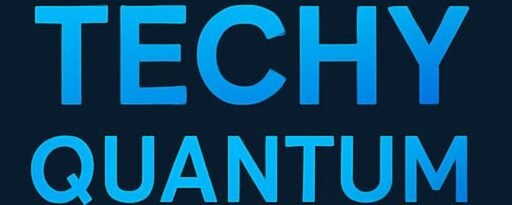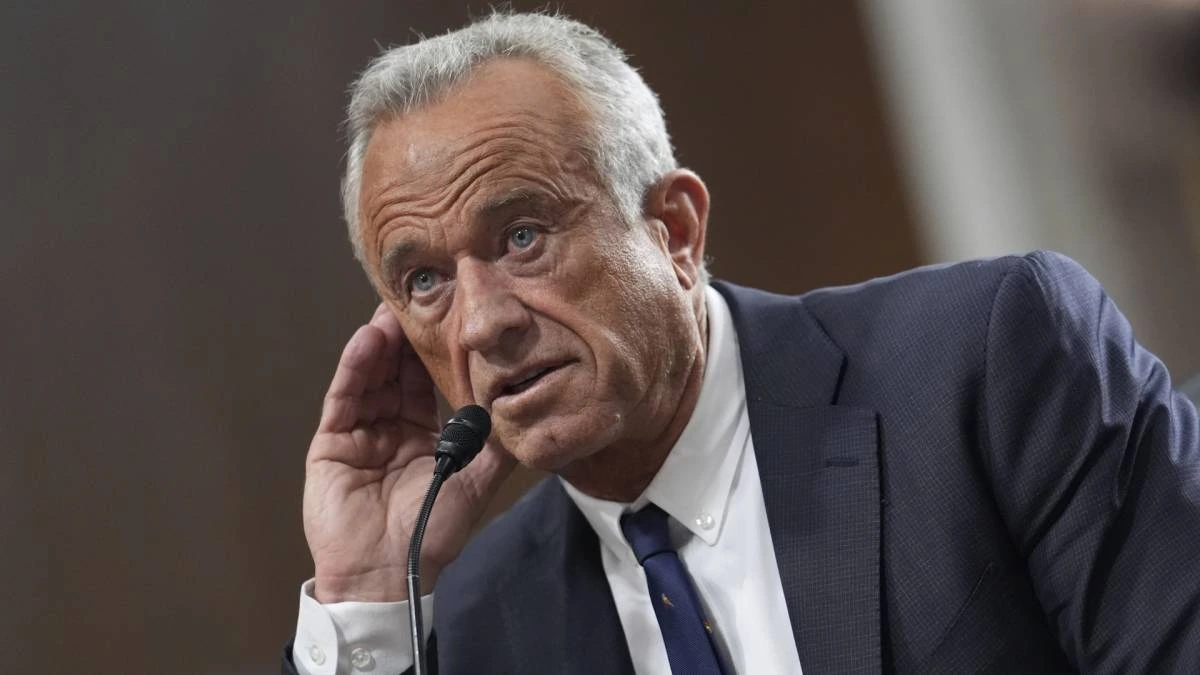On September 4, 2025, the US Senate Finance Committee held a high stakes hearing that put RFK Jr. health care policies under intense scrutiny.
Robert F. Kennedy Jr., the Health and Human Services (HHS) Secretary, faced tough questions from both Democrats and Republicans regarding his sweeping changes to public health agencies, vaccine policies, and the broader US healthcare landscape.
This article delves into the hearing, the key controversies, and the potential impact of his policies on public health.
What You Will Learn in This Article
1. Why RFK Jr. health care policies are creating debates and controversies across political lines.
2. Detailed breakdowns of his policy moves, decisions on vaccines, and their potential consequences.
3.Understanding the broader impact of Kennedy’s decisions on American health care and future reforms.
RFK Jr. Health Care Policies Under the Microscope
Health and Human Services (HHS) Secretary Robert F. Kennedy Jr. has made headlines with his aggressive reforms and unconventional approaches to US public health.
At the Senate Finance Committee hearing, the spotlight was on his recent firing of CDC Director Susan Monarez, followed by the resignation of three other top officials.
Kennedy defended these moves as absolutely necessary for reforming an agency he believes mishandled the COVID-19 pandemic.
Senate Democrats and some Republicans questioned the rationale behind these shakeups, highlighting the risks of disrupting long-standing public health institutions during ongoing public health challenges.
One of the most controversial aspects of RFK Jr. health care policies is his approach to vaccines. Senators pressed him on decisions that included.
Removing top government vaccine experts. Halting research on certain vaccines. Public statements that have cast doubt on COVID-19 vaccine safety and efficacy.
RFK Jr. Covid-19 response has been particularly contentious. Critics argue that his rhetoric undermines public trust in vaccines, potentially putting children and vulnerable populations at risk.
During the hearing, Republican Senator John Barrasso questioned Kennedy’s past statements linking vaccines to autism in Black children a claim widely debunked by scientific research.
Trump’s Health Agenda and the MAHA Plan
The hearing also examined how RFK Jr. health care policies intersect with President Trump’s broader health care agenda, known as the Make America Healthy Again (MAHA) plan.
The estimated impact on insurance coverage. Federal budget cuts affecting rural hospitals. Long term effects on American healthcare infrastructure.
Experts warn that these policy shifts could reshape the healthcare landscape, particularly in underserved areas.
RFK Jr. vaccine stance has long been a topic of debate. The hearing revisited his promotion of unproven COVID-19 treatments, such as ivermectin and hydroxychloroquine.
Senators pressed him on the scientific validity and ethical implications of such recommendations. Sen. Ron Wyden, the top Democrat on the committee.
Accused Kennedy of creating chaos and calamity in public health, saying that elevating conspiracy theorists puts children in harm’s way.
Senate Questions on COVID-19 Data
A major point of contention was RFK Jr. testimony on CDC data. When asked about the number of Americans who died from COVID-19, Kennedy admitted he did not know and criticized the CDC’s reporting as data chaos.
Senator Mark Warner directly asked, Do you accept the fact that a million Americans died from COVID?
Kennedy’s inability to provide a concrete answer fueled accusations of ignorance and lack of accountability, highlighting the tension between political decisions and public health transparency.
Critics argue that RFK Jr. health care policies risk eroding public confidence in the US health system. Key controversies include, Alleged mishandling of pandemic data.
Public skepticism toward vaccines. Controversial past statements on autism and vaccine safety.
Health experts emphasize that leadership transparency and reliance on scientific consensus are critical for effective health policy, especially during a pandemic.
After the firing of Susan Monarez and other top officials, Internal reports suggest significant staff unrest.
Vaccine research projects were temporarily halted. Public trust in CDC guidance decreased by an estimated 15% according to recent polling.
This case highlights how RFK Jr. health care policies can have immediate operational and societal impacts.
Under the MAHA plan and Kennedy’s reforms, Small hospitals in rural communities faced potential budget cuts.
Insurance coverage changes could leave thousands without access to care. Communities expressed concern over long term healthcare access.
This illustrates the tangible consequences of policy decisions on vulnerable populations.
RFK Jr. Grilled on Vaccine Effectiveness
Senators questioned the effectiveness of Kennedy’s new vaccine policies. Experts testified that halting research on emerging vaccines could delay lifesaving interventions.
The debate over whether vaccines saved lives remains central to evaluating RFK Jr. health care policies.
Public health communication must be rooted in evidence based research. Leadership decisions like Kennedy’s affect not just policy but the public’s willingness to trust science.
The hearing was briefly interrupted by protestors shouting about insurance companies and prior authorization delays.
This reflects the broader public frustration with healthcare reform and the scrutiny faced by policymakers like HHS Secretary Robert F. Kennedy Jr.
Dr. Lisa Montgomery, a public health analyst, stated, Reforming public health agencies is necessary, but doing so without transparent scientific guidance risks undermining trust. Kennedy’s policies are ambitious but controversial.
Meanwhile, policy expert Jonathan Price noted, The intersection of political agendas and public health decisions, as seen in Kennedy’s actions, is a delicate balance. Missteps can have long term consequences for population health.
Key Takeaways and Actionable Strategies
Understanding Policy Risks, Citizens and healthcare professionals must monitor RFK Jr. health care policies to understand potential impacts on vaccine research and public health infrastructure.
Promoting Scientific Literacy, Individuals should seek credible sources to navigate controversies around vaccine safety and COVID-19 responses.
Advocacy and Engagement, Stakeholders can engage with policymakers to ensure decisions reflect evidence based science and protect vulnerable communities.
The debates surrounding RFK Jr. health care policies are far from over. As the US navigates post pandemic recovery, policy reforms will shape the trajectory of public health.
Vaccine confidence, and healthcare accessibility. Analysts predict continued scrutiny from both media and the Senate as Kennedy’s reforms are implemented.
The September 4, 2025 Senate hearing highlighted the intense scrutiny facing RFK Jr. health care policies.
From controversial vaccine stances to sweeping agency shakeups, Kennedy’s actions have sparked political debate, expert analysis, and public concern.
Stay informed, critically evaluate public health information, and participate in policy discussions. The future of American health care depends not just on policymakers but on an informed and engaged citizenry.
Call to Action: Share this article, comment with your insights on Kennedy’s policies, and subscribe to receive updates on public health policy and healthcare reforms.

